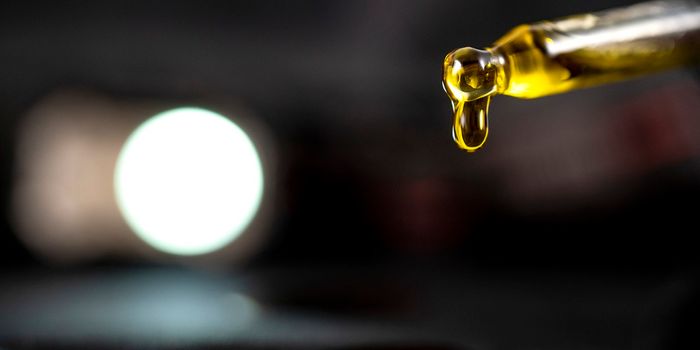Energy Drinks Risky For Individuals with Genetic Heart Condition
The two main active ingredients in most energy drinks, caffeine and taurine, have been linked in the past to an increased risk of adverse cardiac events in people without any known heart disease genetic origin, but a new study tackles analyzing the risk relationship between people with congenital long QT syndrome (LQTS) and the consumption of energy drinks.
LQTS is a rare, hereditary condition that can lead to sudden cardiac death due to the triggering of life-threatening arrhythmias. Past studies have linked energy drink consumption to increases in blood pressure, but the present study is the first to connect energy drinks to heart rate and adverse cardiac events in people with congenital LQTS.
"The potential cardiovascular risk of energy drinks continues to emerge as an important public health issue," explained lead investigator Professor Christopher Semsarian, MBBS, PhD, MPH. "The population most at risk is teenagers and young adults, representing the population these drinks are most heavily marketed towards. Since energy drinks are widely available to all ages and over the counter, it is important that cardiovascular effects of these drinks are investigated." Even consuming small amounts of energy drinks can cause changes that can trigger life-threatening arrhythmias.
The new study was designed to determine what cardiovascular effects, if any, stem from changes in the blood levels of two active ingredients - caffeine and taurine - focusing specifically on patients with familial LQTS. Researchers recruited 24 study participants, separated into energy drink and control drink groups. Those in the experimental group drank two sugar-free Red Bull cans, which each included 160 mg of caffeine and 2000 mg of taurine. The control group participants were given a cordial-based 500ml drink with no caffeine or taurine.
Electrocardiogram results and blood pressure measurements were recorded regularly, and the final results showed that three participants, or 12.5 percent of the study group, “exhibited dangerous QT prolongation,” an arrhythmia, following energy drink consumption. Two out of the three also showed a drastic increase in blood pressure, and all three had a documented family history of sudden cardiac death.
"Data suggest that the majority of LQTS patients destined to become symptomatic have the first event well after having become a teenager, which implies that a significant number of youngsters with LQTS will help themselves to energy drinks without knowing their real condition and thus endangering themselves,” said Professor Peter J. Schwartz, MD, Head of the Center for Cardiac Arrhythmias of Genetic Origin, IRCCS Istituto Auxologico Italiano.
"Some individual patients may be at a higher risk," Semsarian concluded. "We therefore suggest caution in allowing the consumption of energy drinks in young patients with LQTS."
The present study was published in the International Journal of Cardiology.
Sources: Elsevier Health Sciences, Orphanet Journal of Rare Diseases









